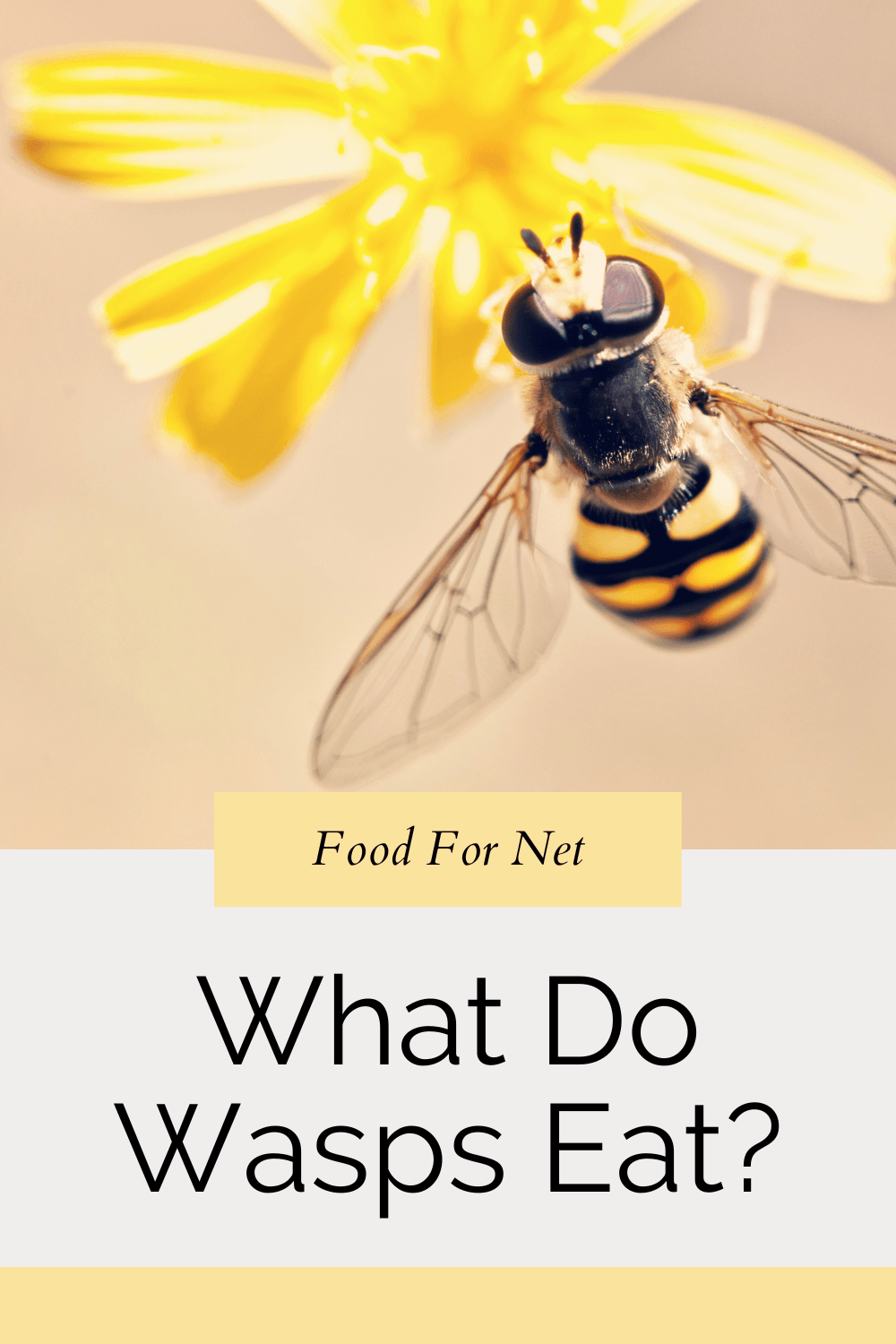
Wasps have a horrible reputation, don’t they? Even the name conjures the idea of wasp stings, nests around your home, and the insects buzzing around you. The best way to protect yourself is to learn more about wasps, including what they eat, what attracts them, and how to spot a wasp infestation.
So, what do wasps eat? The short answer is – it depends. Diet varies based on the age of wasps and their species. However, there are some common patterns.
For one thing, simple sugars are the primary source of energy for most adult wasps. Nectar from flowers isn’t the only source of these simple sugars. Wasps get them from other places as well, including human foods. That’s why you’ll often see wasps turn up for your summer picnic or BBQ.
Still… this doesn’t mean you can’t ever eat outside. Wasps aren’t always a big issue. And, with a few good decisions, you can reduce your risk of ever attracting them.
Also remember that, as annoying as wasps are, they do play a valuable role in the ecosystem. They’re particularly relevant for home gardeners, as they can keep pests at bay. They even pollinate some flowers.
What Do Wasps Eat?
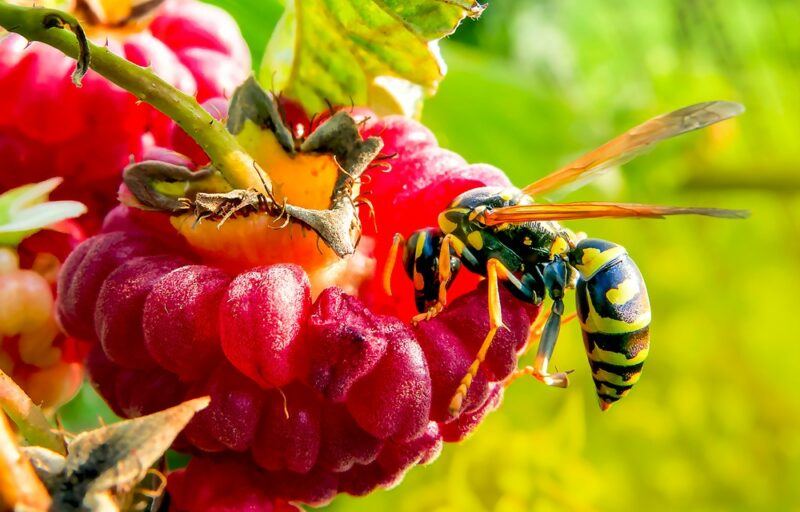
Simple Sugars
As adults, many species of wasps rely on simple sugars. These can be easily obtained from nature through nectar from flowers and honeydew.
However, wasps often get the sugar they need from other sources as well, including sugary treats we leave out, like soda, fruit juice, and candy. Some wasps will even be attracted to your beer because of its sugar content.
Fruits
Fruit is another common source of sugar for wasps. This includes fresh fruit on the tree, damaged or rotting fruit, and fruit you have set out for yourself.
Some of the main fruits that wasps enjoy include apples, bananas, pears, and berries, although many others are eaten by wasps too. Realistically, any source of sugar is fair game.
This means you should be careful about leaving fruit and fruit salads uncovered when you’re eating outdoors. If you have fruit trees, you’ll need to pick the fruit regularly and remove any fruits that have fallen onto the ground. Failing to do so can easily attract wasps.
Sugary Foods And Drinks
Wasps will sometimes go for other sources of sugar as well, including desserts, honey, jam, fruit juice, soda, and desserts. This is bad news for picnics and other outdoor events, as there’s often plenty of sweet food lying around.
Small Insects
While adult wasps typically consume nectar and fruits, young wasps are typically fed insects instead. Adult wasps typically use their stingers to paralyze prey and then carry them back to their wasps.
Other species of wasps are parasitoids. Here eggs are literally laid on or inside insects, and the young then consume the hosts – to the extent that the host insect is killed.
Meat
Because wasps feed their young insects, they’ll sometimes steal pieces of hamburger and other types of meat. Yellowjackets are particularly well-known for doing so, although other species of wasps are also attracted to meat.
We’re not just talking about red meat either. Wasps will also have a go at poultry and other sources of protein, including salmon.
As is the case with insects, adult wasps don’t often eat meat themselves. They tend to rely on simple sugars instead and bring the meat back home to their larvae.
Do Wasps Eat Wood?
Paper wasps and some other wasp species do chew on wood, but this isn’t because they’re eating it. Instead, the wasps create pulp from the wood fibers, which they then use to build their nests.
Protecting Yourself From Wasps
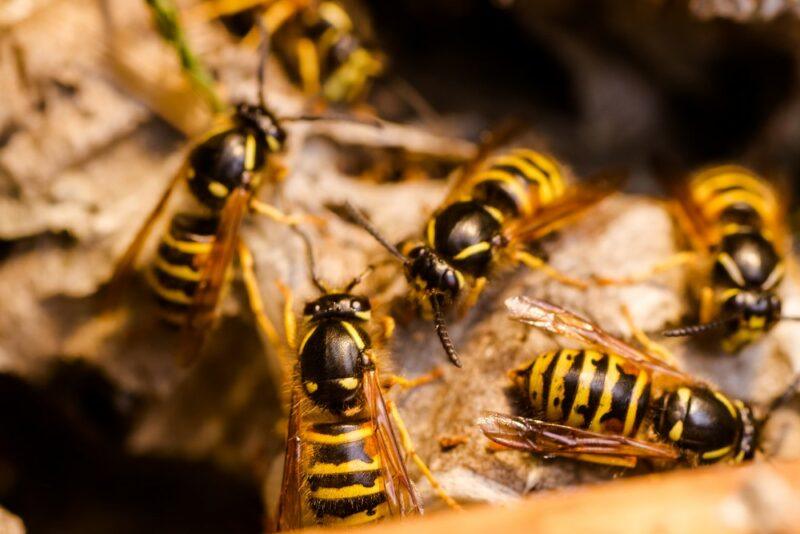
What Attracts Wasps?
Wasps are common visitors during outdoor picnics, as they’re drawn to the large amount of sugary foods. After all, wasps have a short lifespan, so they are looking for fast and easy sources of nutrients.
Food isn’t the only thing you need to think about. Wasps are also attracted by safe spaces where they can build a nest, such as crevices, cracks, and even insulated walls. Flowers in your garden may attract them too, especially if your plants are home to a thriving insect population.
Finally, garbage plays a role in attracting wasps, providing them easy access to plenty of food.
How Do You Repel Wasps?
To avoid attracting wasps, keep your garbage covered. The same is true for any food that’s outside. You may even need to cover food indoors, especially if the windows are open or if you’re dealing with a wasp infestation.
It also helps to fill up any cracks and holes. This reduces the risk that wasps make their way indoors and start to build a nest.
Beyond this, wasps can be repelled by strong smells. Some people rely on essential oils here, particularly peppermint oil and lemongrass.
You can also turn to plants that repel wasps. These tend to have strong smells, such as basil, lemongrass, peppermint, thyme, and eucalyptus.
Finally, you can buy or make wasp repellant sprays. Common examples include citronella, peppermint oil with water, and even just water and vinegar.
How Do You Avoid Being Stung By A Wasp?
Wasp stings are painful, especially if you get stung multiple times close together.
The following approaches can reduce your risk of getting stung by a wasp. They won’t all be possible all the time, so you’ll need to respond based on your situation.
- Don’t disturb the wasp. It’s best to leave feeding wasps alone, as they only become aggressive when they feel threatened.
- Don’t swat wasps. While it’s tempting to swat wasps away, doing so often makes them aggressive and increases the likelihood that they’ll string you.
- Focus on slow movements. If you gently brush a wasp off you or walk away from it slowly, the chance of it stringing you is much lower.
- Limit exposed skin when you’re outdoors. Wearing long sleeves and pants means there’s less skin area for the wasp to land on, which decreases the risk that you’ll get stung.
- Don’t eat near a wasp nest. Food will attract wasps, so you should never eat outdoors if you know a wasp’s nest is nearby.
- Stay away from wasp nests. For that matter, it’s best to keep well clear of wasp nests, as wasps are highly territorial. The closer you get to their nest, the more risk that they’ll see you as a threat.
The most important thing to remember is that wasps don’t randomly attack. They’re territorial and often aggressive, too, but they generally only attack when they feel threatened. So, if you can keep still, calm, and stay away from wasp nests, you will normally be safe.
Dealing With A Wasp Infestation
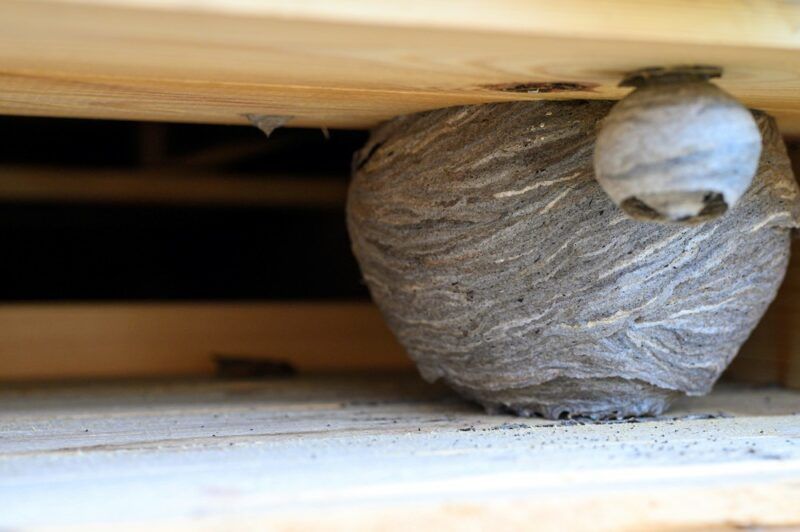
Wasps aren’t a big deal if you’re only seeing them every so often, but this isn’t always the case. Sometimes wasps will even build a nest in your home. This makes all the issues we’ve been talking about much worse.
Signs Of A Wasp Infestation
There’s nothing unusual about a few wasps here and there. So, how do you know when there’s something more going on?
The most obvious sign is the number of wasps. If you see ten or more wasps in a single day, there could easily be a nest nearby. Higher numbers than that are an even bigger sign of a problem.
A wasp infestation isn’t limited to wasps flying around your property either. You might even see them in the house as well.
Also keep an eye out for wasps entering or exiting from the same location, along with any chewed wood. These are signs that there might be a wasp nest nearby.
How Do You Get Rid Of Wasps?
Wasp infestations are best left to the experts. They’re very familiar with wasps, so they know how to deal with them without aggravating the wasps. Dealing with the wasps yourself is much riskier, as you could easily provoke them and get yourself seriously stung in the process.
Still… some people do take matters into their own hands.
Spraying the wasp nest periodically can be effective here. Commercially available wasp nest sprays are the most powerful. Some even foam up on application, which increases your chance of success. You could also use a water and vinegar mixture.
You’ll need to wear protective clothing and spray the nest from a decent distance to keep yourself safe. Spraying late in the night can help as well, as the wasps are likely to be asleep.
You may need to spray multiple times for a few days to completely kill the wasps. Remember to be cautious throughout, as wasps quickly get aggressive.
Once the wasps have been removed, professionally or otherwise, you’ll need to close up any cracks and gaps that could give wasps access in the future. You can also buy residual wasp-protection products that you spray on a surface to reduce the likelihood of wasps nesting.
What Is The Purpose Of Wasps?
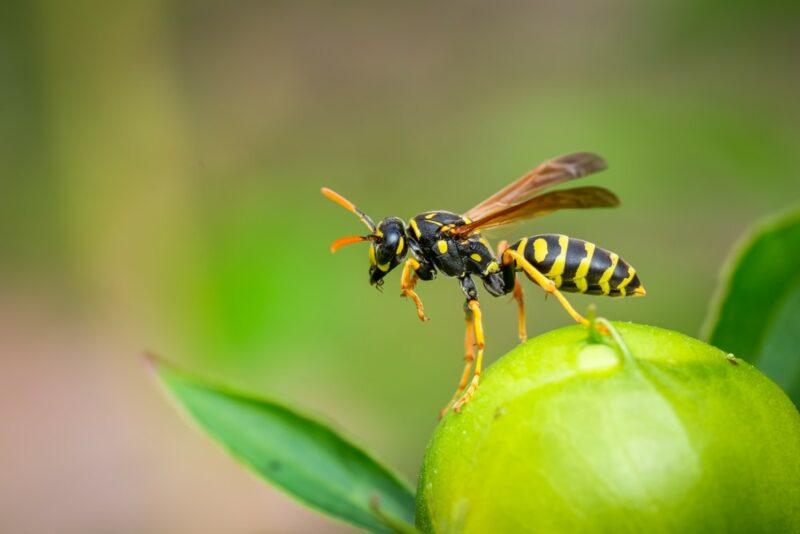
Sometimes it seems like wasps don’t do much of anything, aside from building nests in our homes and stinging us half to death. Yet, the insects actually play some important roles in our ecosystems.
In particular, wasps are natural pest controllers, as they prey on many small insects, such as mosquitoes, flies, spiders, and aphids. This effect is particularly relevant for gardens, as many of these prey insects feed on your crops.
Parasitoid wasps have this effect strongly, as their young eventually kill the host insect. Such wasp species can even be employed for pest control in some agricultural situations.
Wasps do also collect nectar from flowers. In doing so, they transfer pollen and assist with fruit production. While wasps aren’t as efficient at doing so as bees, their role as pollinators shouldn’t be underestimated.
Final Thoughts
Adult wasps generally consume sources of sugar, including nectar and fruit, while their young consume insects and sometimes meat. As a result, wasps are often attracted to human food, particularly if you’re eating outside during the summer.
Keeping food and garbage covered reduces the risk of attracting wasps, as does planting strongly smelling herbs in your garden. Still… there’s always the risk of a wasp infestation.
You could try to deal with an infestation yourself, but it’s much better to call in the professionals. Seriously, you might get stung multiple times trying to remove the wasps yourself and there’s no guarantee that you’ll get them all.
Frequently Asked Questions
Do Wasps Sting Or Bite?
Wasps can sting and bite. The bites contain less venom and are often less painful than stings, but they can still trigger an allergic reaction. Stings seem to be more likely, perhaps because humans are a big threat to wasps, however wasp bites do still happen.
Do Wasps Die After They Sting You?
Unlike bees, wasps keep their stinger throughout their lives, meaning they can sting you multiple times without dying. This is largely because wasp stingers are smooth, so they can be inserted and removed from the target without harming the wasp.
How Long Do Wasps Live?
The lifecycle of a wasp varies depending on the role and species. However, worker wasps tend to have short lifespans, often living just a few weeks (even when they have easy access to food). Queen wasps live much longer, often surviving for 10 to 12 months.
Do Wasps Make Honey?
Most species of wasps don’t make honey at all. Their young are fed protein instead, often from other insects, while wasps use nectar they harvest for their own energy. However, some species are known as honey wasps and do create honey-like nectar stores for times of scarcity.
What Kills Wasps Instantly?
Soap and water or rubbing alcohol are sometimes recommended to kill wasps instantly. Commercial wasp sprays may also do the trick. However, being cautious is important, as many products won’t live up to their claims.


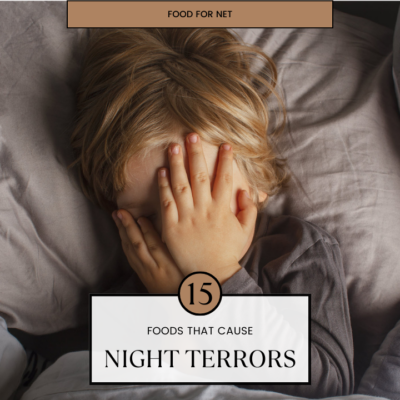
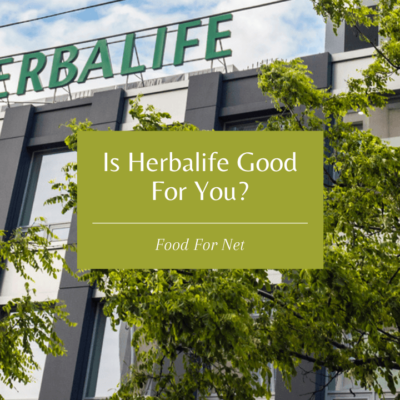



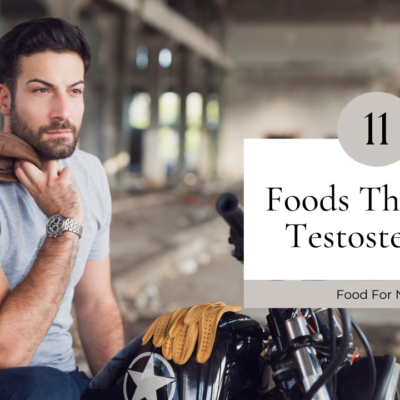

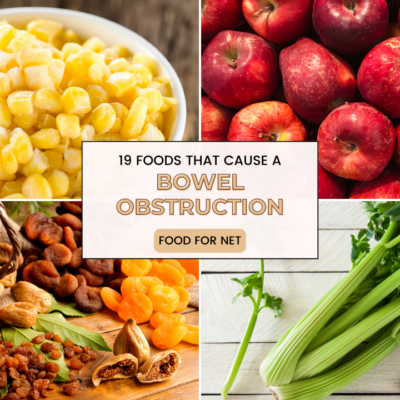
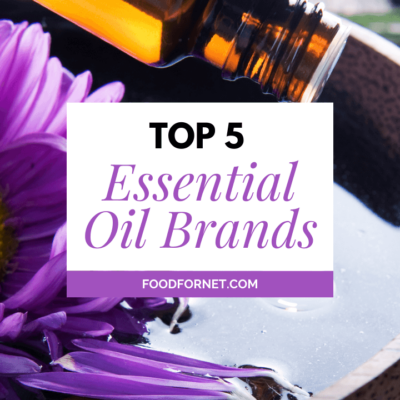


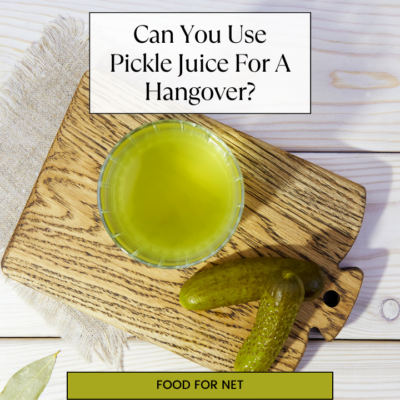


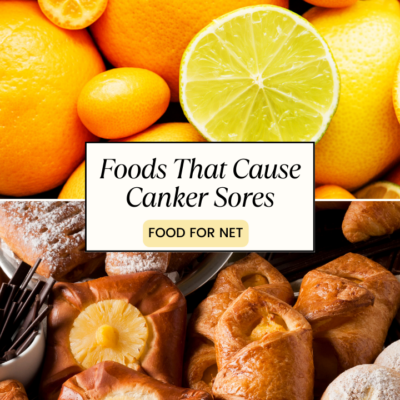
 19 Foods That Make You Taller
19 Foods That Make You Taller
Leave a Reply